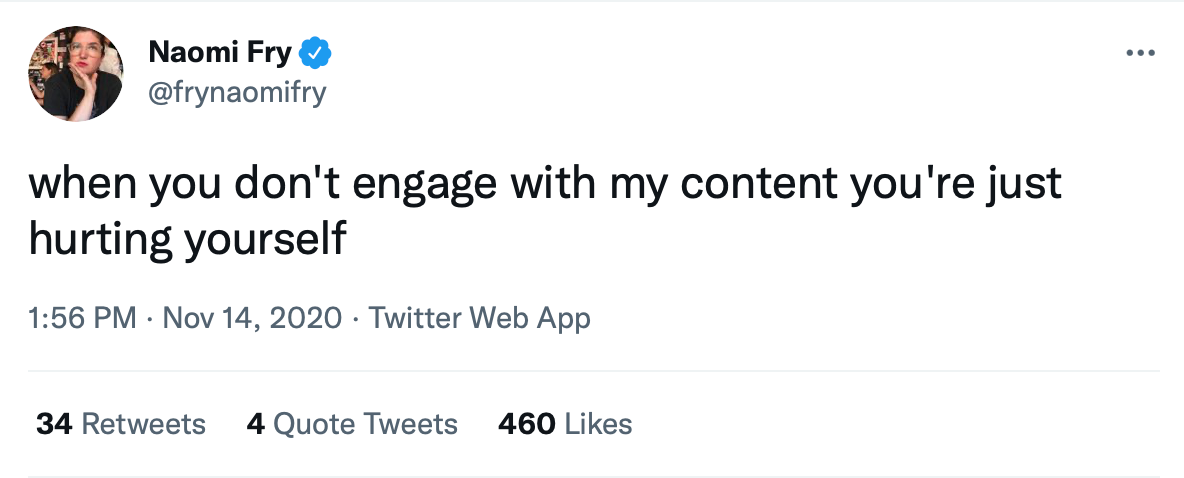
When I think about content, I immediately think of the endless scroll of Instagram posts I look at when I wake up. (No, sadly I don’t have a morning meditation practice.) My iPhone alarm rings, I swipe the alarm icon from right to left, turning the bright green “ON” to a solid black “OFF,” and within a second—almost without cognition—I’ve clicked on the Instagram app icon and my thumb begins to scroll. My consumption of content begins before my feet have even touched the floor.
The fact that my mind went immediately to digital content when beginning to write this post is a sign of the times, and further, a reflection of how my idea of content has changed over the past decade. When I was fifteen, I had not long had Facebook, Twitter seemed only to be used by celebrities, and I was still two years away from learning the word “Instagram.” At the time, most of the content I consumed was through TV, music, and my Seventeen magazine subscription. With my friends, I’d make collages with our magazine clippings, I’d share a headphone on bus rides home to dissect a new album, and I’d congregate on Friday mornings before the bell rang to speak about the episode of Grey’s Anatomy that inevitably aired the night before. That said, while I consumed content individually, in high school there was still something communal about the way I shared in that consumption.
Today, my relationship to content is much more individual. There are some communal aspects, but much of that community still remains online; I find myself DM-ing my friends an article much more frequently than discussing one over a 30-minute lunch break. And as a result, the internet is making me relate to content in an increasingly narrow way.
But—and perhaps this exists as a rejection of the constant barrage of content and marketing we live on the receiving end of—the word “content” has become a joke in and of itself, both online and off. For example, when a close friend sends me a photo of them doing something funny or dramatic or potentially embarrassing, I am likely to respond, in true Gen-Z fashion: “you know I live for this content 😌”. My friends respond to my messages similarly—a Snapchat of me bearing witness to my first NYC apartment cockroach was, reportedly, “EXCELLENT CONTENT.”
I suppose, on some level, my generation knows that everything we do digitally could be considered capital-C content. But I think many of us also know that such a perspective is weird at best and traumatizing at worst. Content today is both a troubling and a seemingly ever-expanding feature of our daily lives. So we’re confused by it, we endure it, and we critique it. But—thank God—we laugh at it, too.
- Erica
Note: My edited Coupland booklet is linked here.
